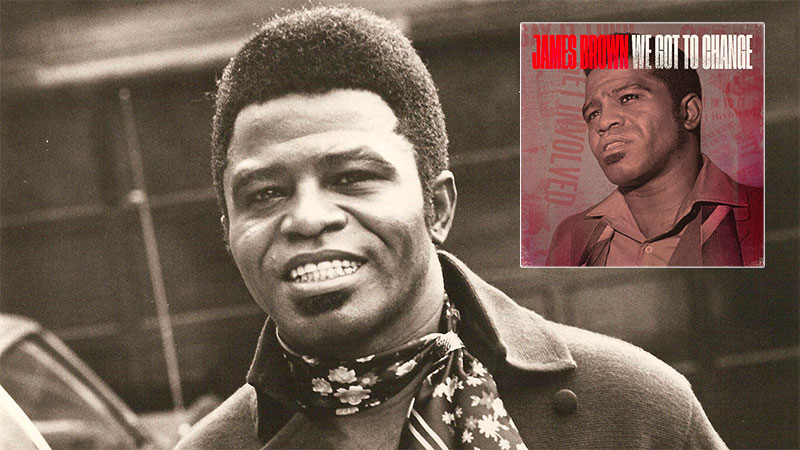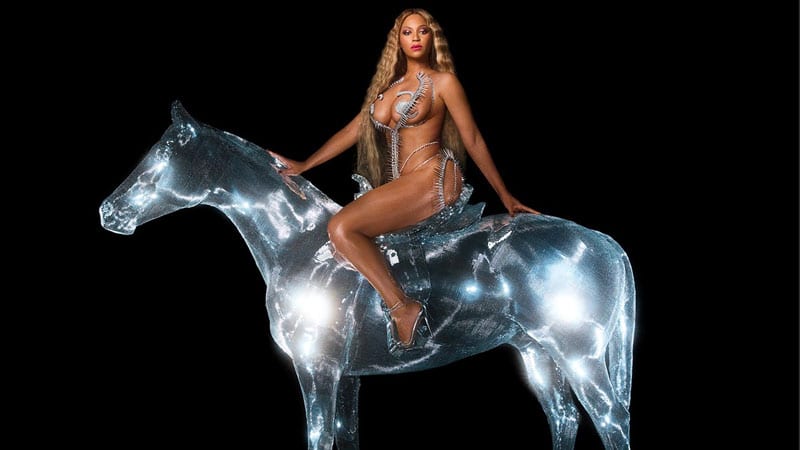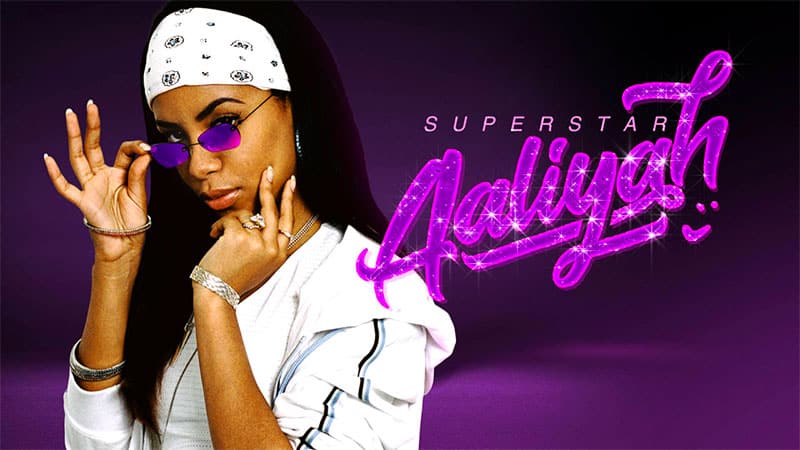“We Got to Change” is available now
A never-before-released, 54-year-old James Brown song, “We Got To Change,” makes its debut on Republic/UMe. A three-track EP featuring an extended version and Pixal remix is also available.
“Can you imagine James Brown saying, ‘We got to change’?’ Well, he did,” says William “Bootsy” Collins. “And who’s playing bass? Little ol’ funky me. Let’s go!”
“James Brown always leaned into the social tip,” Bootsy continues. “He always was trying to keep the youngsters informed and the people informed on what’s going on. The new breed was coming in and certain things were going out. He loved to inform people on what was coming and what was going to be because he felt like he was part of it, and he was.”
Recorded at Miami’s Criteria Studios on August 16, 1970, “We Got To Change” was laid down during a pivotal period in the world of James Brown – a few months earlier, longtime members of his famed James Brown Orchestra had walked out.
Brown quickly assembled a new group anchored by guitarist Phelps “Catfish” Collins and bassist William “Bootsy” Collins, two young brothers from Cincinnati. They brought a harder edge and a fresh identity to Brown’s music on such singles as “Get Up (I Feel Like Being) a Sex Machine,” “Super Bad,” and “Soul Power.” Brown called them The JB’s.
Their Criteria session featured a reunion with one of Brown’s 1960s sidemen: the great Clyde Stubblefield. “The Funky Drummer,” as he was known, would grace several of Brown’s subsequent hits and become one of the most sampled drummers of the hip-hop era. Also on the track is James Brown’s longtime No. 2, Bobby Byrd, who is heard alongside Brown on the chorus.
“We Got To Change” is another example of James Brown’s social outreach seen in singles like “Don’t Be a Dropout,” “Say It Loud I’m Black and I’m Proud,” “Get Up, Get Into It, Get Involved” and “King Heroin.”
It is also a testament to Brown’s diverse musical language, quoting from Little Jimmy Dickens’ 1949 hit “Take an Old Cold Tater (And Wait)” and the African-American anti-war spiritual, “Down by the Riverside.”
“The James Brown Revue invented the Funk,” says Funk author Rickey Vincent, “and the J.B.’s perfected it.” Newly unearthed and hitherto unheard, “We Got to Change” adds a critical page to the history of that perfection’s evolution.





